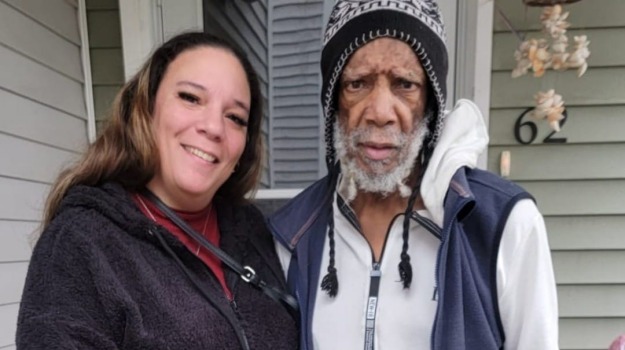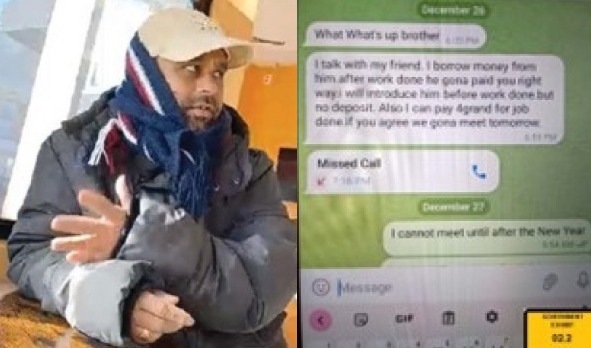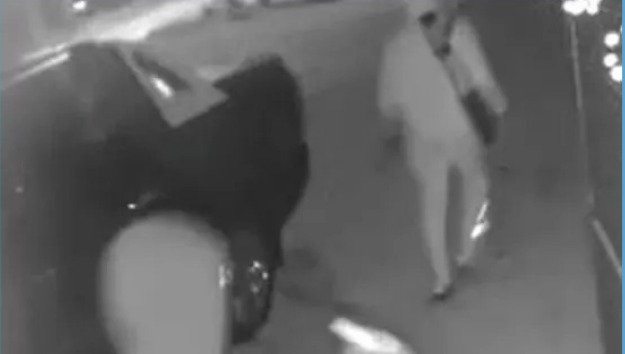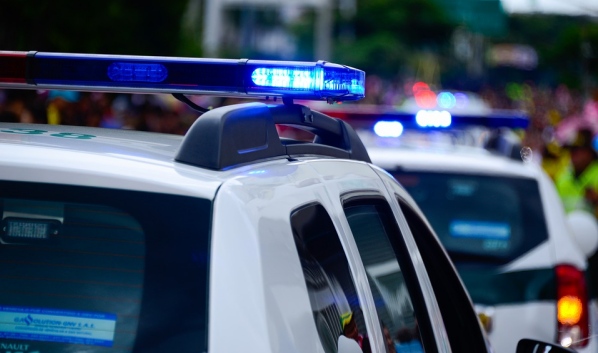By Chris Lisinski, State House News Service
State representatives are seeking a significant overhaul of Democratic leadership’s landmark transportation-related tax and spending package that the House will debate this week.
In dozens of amendments, rank-and-file Democrats called for expanding the gasoline and diesel tax increases proposed by leaders, expanding road tolls to the state’s borders and funding free public transportation. Republicans will seek to scrap tax hikes or at least sunset them once a potential income surtax takes effect.
The House will begin the process by taking up a multi-pronged tax bill (H 4508) on Wednesday. The legislation, unveiled by House Speaker Robert DeLeo and his top deputies last week, seeks to raise $522 million to $612 million per year through a 5-cent gasoline tax increase, a 9-cent diesel tax increase, a tiered increase to the corporate minimum excise tax, higher fees on ride-hailing services, and application of the state sales tax to vehicle purchases by rental car companies.
One amendment, filed by Brookline Democrat Rep. Tommy Vitolo and backed by the coalition Transportation for Massachusetts, would supplement the proposed fuel tax increases with additional future hikes.
Under Vitolo’s amendment, both the gas tax and diesel tax would each increase another 5 cents in 2022 and a third five-cente increase in 2024 until they reach 39 cents per gallon and 43 cents per gallon, respectively. The amendment also increases the Earned Income Tax Credit to offset the impact of gas tax increases on low-income workers.
Other amendments would subject Suffolk and Middlesex Counties to a “higher tier” — without specifying numbers — of gas taxes, or would allow cities and towns to impose an additional 3-cent excise tax on fuel sales to retail dealers.
Republican lawmakers are poised to challenge the tax hikes sought by the Democrats who wield a supermajority. Gov. Charlie Baker has threatened to veto a gas tax increase in the past, and last week outlined his opposition to that proposal and the corporate minimum increase.
House Minority Leader Brad Jones filed amendments lessening the ride-hailing fee increases on shared and non-luxury trips and repealing the rental car sales tax application, while Rep. Elizabeth Poirier will seek elimination of the corporate minimum tax expansion.
Jones criticized Democrats for pushing tax increases now while also continuing their pursuit of a 4-percent surtax on household income above $1 million. Supporters say the proposal, which needs approval from both branches in the next lawmaking session before it can go before voters as early as 2022, could raise up to $2 billion per year for education and transportation.
Under an amendment Jones filed to the transportation revenue bill, the corporate, fuel, and rental car taxes — together accounting for about $400 million in revenue — would all be repealed if the so-called “millionaires tax” is implemented.
“(The bill) has got to be considered in the context of: we’re going to raise taxes, we have the largest rainy day fund we’ve ever had, we just had a $1 billion surplus last year, they’re pushing a $2 billion tax increase — what are they doing this for?” Jones told the News Service last week.
Some lawmakers hope to see the bill take a clearer approach to how the roughly half-billion dollars in new revenue is spent. Democratic leaders proposed two $27 million dedicated streams, one going to the MBTA and the other split between the state’s 15 regional transit authorities, but plan to use the bulk of the new funding during annual budget cycles or to backstop borrowing.
At least three different representatives filed proposals to lower or eliminate public transit fares, an idea Senate President Karen Spilka has also targeted.
A Rep. David LeBoeuf amendment would earmark one cent of the diesel tax to cover the cost of fare-free regional transit authorities, while a Rep. Joan Meschino amendment would use one cent from the gas tax to fund free MBTA buses and another cent for free RTAs.
Rep. Tami Gouveia, an Acton Democrat and a member of the Legislature’s progressive caucus, called for eliminating a sales tax discount for automobile trade-ins. Her office said the proposal could raise more than $120 million per year, which would be used to offer free, reduced and discounted fares on public transit across the state with focus on environmental justice and low-income communities.
Transportation for Massachusetts Executive Director Chris Dempsey said the gas tax has increased at a significantly slower rate than MBTA and RTA fares over the past three decades, pushing more commuters into single-vehicle trips.
“The message we’ve been sending people is to drive more and take transit less,” Dempsey, whose group endorsed Gouveia’s amendment, said. “Free fares on the RTAs, which are relatively cheap as a policy at roughly $30 million, sends the opposite message that we want people to take transit more.”
The House bill calls for a study of expanded roadway tolling and so-called “congestion pricing,” where prices vary to incentivize off-peak travel, but some members want to go further.
One amendment from Rep. Alice Peisch would establish tolls on all “Boston metropolitan area roadways and all interstate highways” with a plan for congestion pricing, and another from Rep. Carol Dykema would seek tolls on interstate highways at Massachusetts borders.
Peisch, of Wellesley, and Dykema, of Holliston, both represent constituents who regularly pay tolls for using the Massachusetts Turnpike.
Dempsey also said one of his top priorities is to see the House adopt a Rep. Michelle Ciccolo amendment eliminating language in the base bill that would scale back the gas tax increase if and when the multi-state Transportation and Climate Initiative goes into effect and raises gas prices.
“TCI has the potential to be transformational,” Dempsey said. “We don’t want to see that potential diminished by a proposal that would net out that revenue and not leave us with more to invest in cleaner transportation.”
Leadership expects to tackle the revenue bill Wednesday and then take up a $14.5 billion transportation bond bill (H 4506) — which trimmed $3.5 billion off the borrowing amount Gov. Charlie Baker sought in his version — on Thursday.
With 82 amendments filed on the revenue bill and 467 on the bond bill, the schedule is subject to change. Democratic leadership informed members to be prepared for a possible formal session on Friday if debate stretches to a third day.
The vast majority of amendments on the bond bill seek earmarks for local transportation projects, although some seek further increases in Chapter 90 funding for road and bridge maintenance or expansion of the MBTA oversight board.
 New Bedford Guide Your Guide to New Bedford and South Coast, MA
New Bedford Guide Your Guide to New Bedford and South Coast, MA








